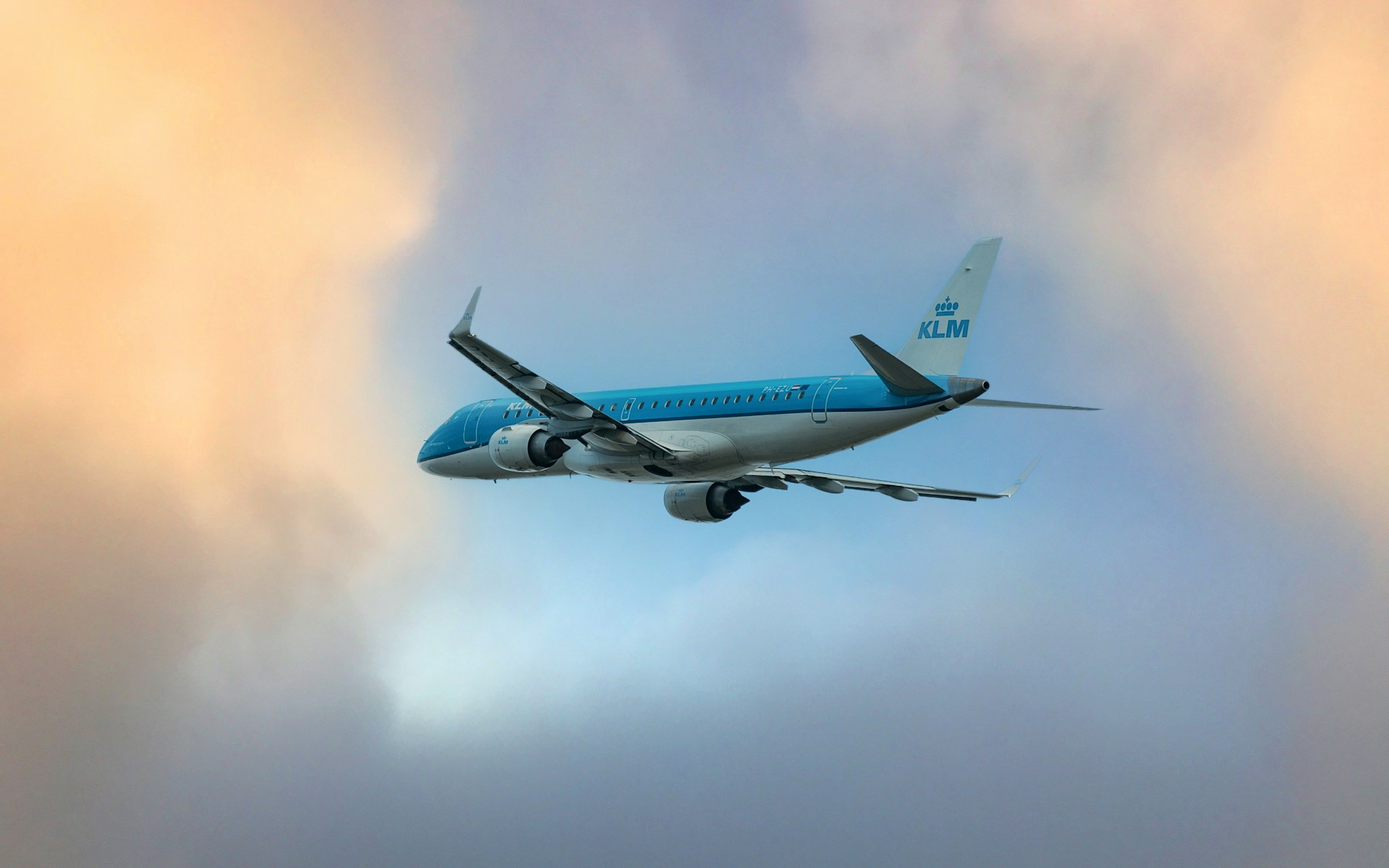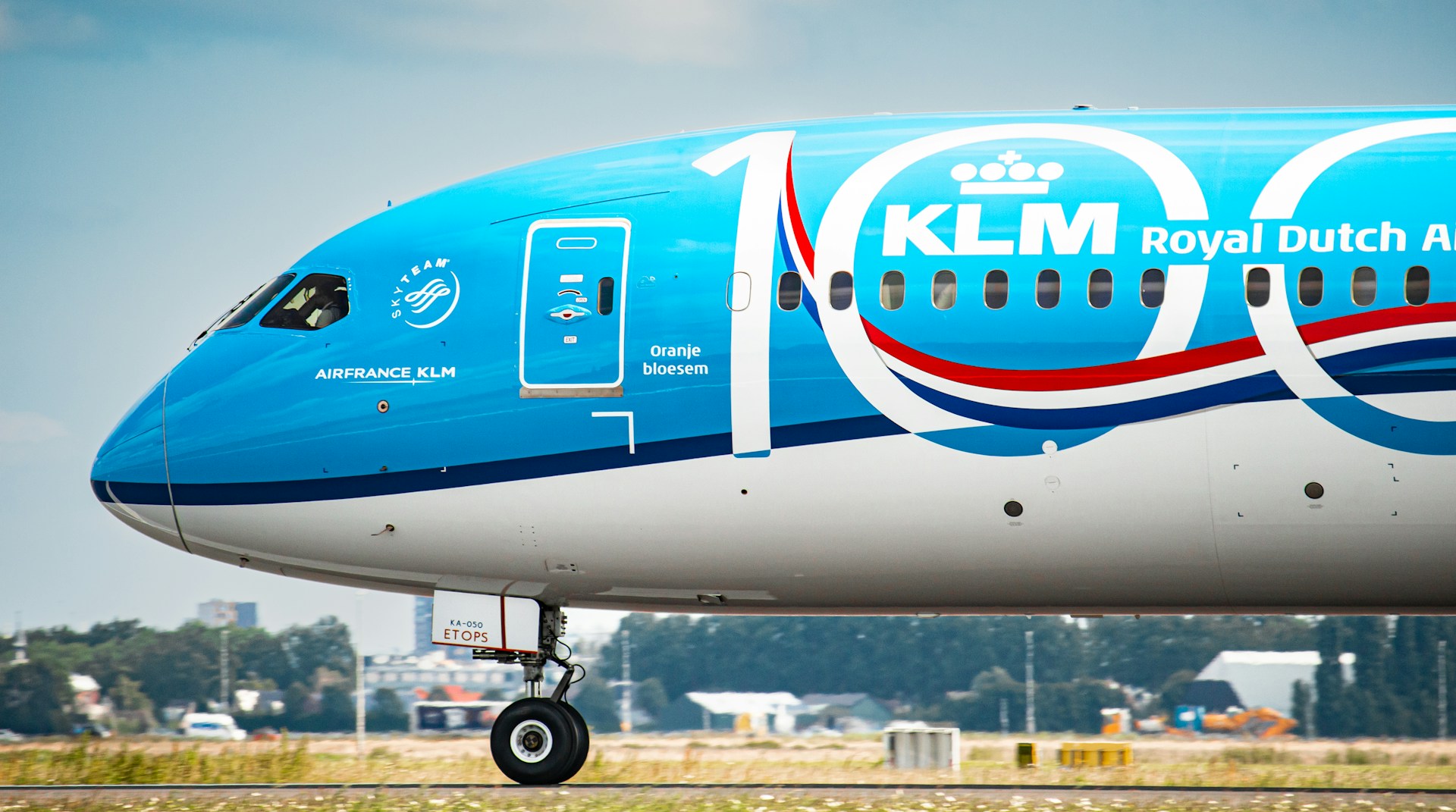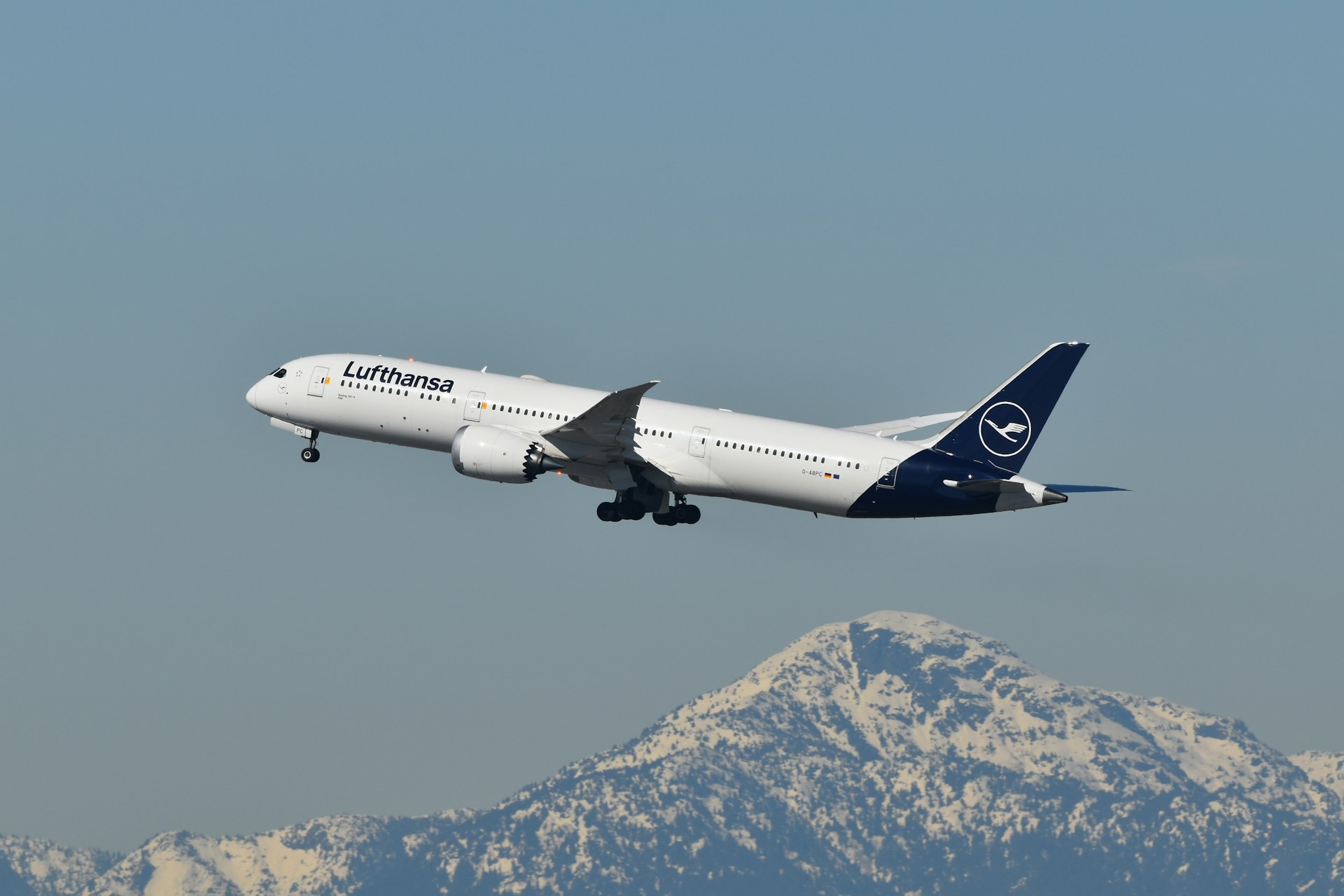KLM Ground Staff Strike to Disrupt Flights at Amsterdam Schiphol
Key Takeaways
- KLM ground staff will stage a six-hour strike at Amsterdam Schiphol Airport, causing widespread disruption across the airline’s European hub operations.
- The strike stems from labor disputes over wages and working conditions, reflecting ongoing tensions in the post-pandemic aviation industry.
- Short-haul European flights are expected to be hardest hit, though ripple effects could extend to intercontinental connections to North America and Asia.
- Schiphol’s hub-and-spoke model means the strike’s impact will cascade across KLM’s global network, creating rebooking challenges for passengers.
- The action highlights growing union leverage at major European airports, where ground operations staff play an essential role in maintaining flight schedules.
Strike Action Targets KLM Hub Operations
KLM Royal Dutch Airlines is bracing for significant disruption as its ground staff prepare for a six-hour walkout at Amsterdam Schiphol Airport. The strike, organized by unions demanding better pay and improved working conditions, comes at one of the busiest travel periods of the week and is expected to cause major operational setbacks across the airline’s European and intercontinental network.
Ground staff play a critical role in daily operations, handling everything from baggage loading and aircraft marshaling to passenger boarding and cargo logistics. With these services halted, KLM will struggle to maintain its usual tight turnaround times, forcing cancellations and delays across its fleet.
Impact on Passengers and Flight Operations
The immediate impact of the strike will be felt on short-haul European flights, where scheduling depends heavily on rapid ground operations. Passengers flying to nearby destinations such as Paris, London, Frankfurt, and Brussels are most likely to face cancellations or extended delays.
KLM’s long-haul flights to North America and Asia may also be affected, as the strike creates bottlenecks in aircraft preparation and passenger transfers. Schiphol’s role as a major European transit hub means connecting passengers could experience missed onward flights, rebooking challenges, and baggage delays.
KLM is expected to prioritize long-haul services while offering rebooking options for European travelers. Still, the scale of the disruption means flight delays could continue well beyond the six-hour strike period, as aircraft and crew rotations recover.
Labor Disputes in European Aviation
The strike at Schiphol reflects wider labor tensions in the European aviation sector. Ground handling staff, already stretched by labor shortages and increased workloads, argue that wages have not kept pace with inflation or the cost of living in the Netherlands.
Similar strikes have affected airlines and airports across Europe in recent months, with unions leveraging peak travel times to maximize bargaining power. KLM’s dependence on Schiphol as its primary hub makes it particularly vulnerable to such disruptions.

KLM’s Contingency Measures
KLM has announced that it is preparing contingency plans, including:
- Deploying management and third-party staff to cover essential ground operations where possible.
- Prioritizing long-haul services to minimize disruption to intercontinental passengers.
- Offering rebooking options and travel waivers for passengers affected by short-haul cancellations.
Despite these measures, aviation analysts warn that KLM’s hub-and-spoke model leaves little room for flexibility, and significant disruption is unavoidable.
FAQs
Which flights will be most affected by the strike?
Short-haul European flights departing Amsterdam Schiphol are most at risk of cancellation or delay. Long-haul flights may still operate but could face knock-on delays.
How should passengers prepare?
Travelers should check flight status frequently, arrive early at Schiphol, and take advantage of rebooking options if available. KLM has begun issuing travel waivers for impacted routes.
Why are KLM ground staff striking?
Unions are pushing for better wages, improved working conditions, and fairer staffing levels amid post-pandemic recovery pressures.
Will other airlines be affected?
While the strike specifically involves KLM ground staff, some disruption may spill over to other carriers using shared ground handling services at Schiphol.
How long will disruptions last?
Although the strike is scheduled for six hours, delays and cancellations could persist for much of the day as KLM works to reposition aircraft and clear backlogs.
Are passengers entitled to compensation?
Under EU Regulation 261/2004, travelers may be eligible for compensation for long delays or cancellations. However, airlines can sometimes classify strikes as “extraordinary circumstances,” limiting liability.
✈️ Bottom line: Travelers flying through Amsterdam Schiphol should expect significant delays and cancellations during the KLM strike. Passengers are advised to stay informed, monitor updates from KLM, and act quickly on rebooking options to minimize disruption.
.zip%20-%201.PNG)



